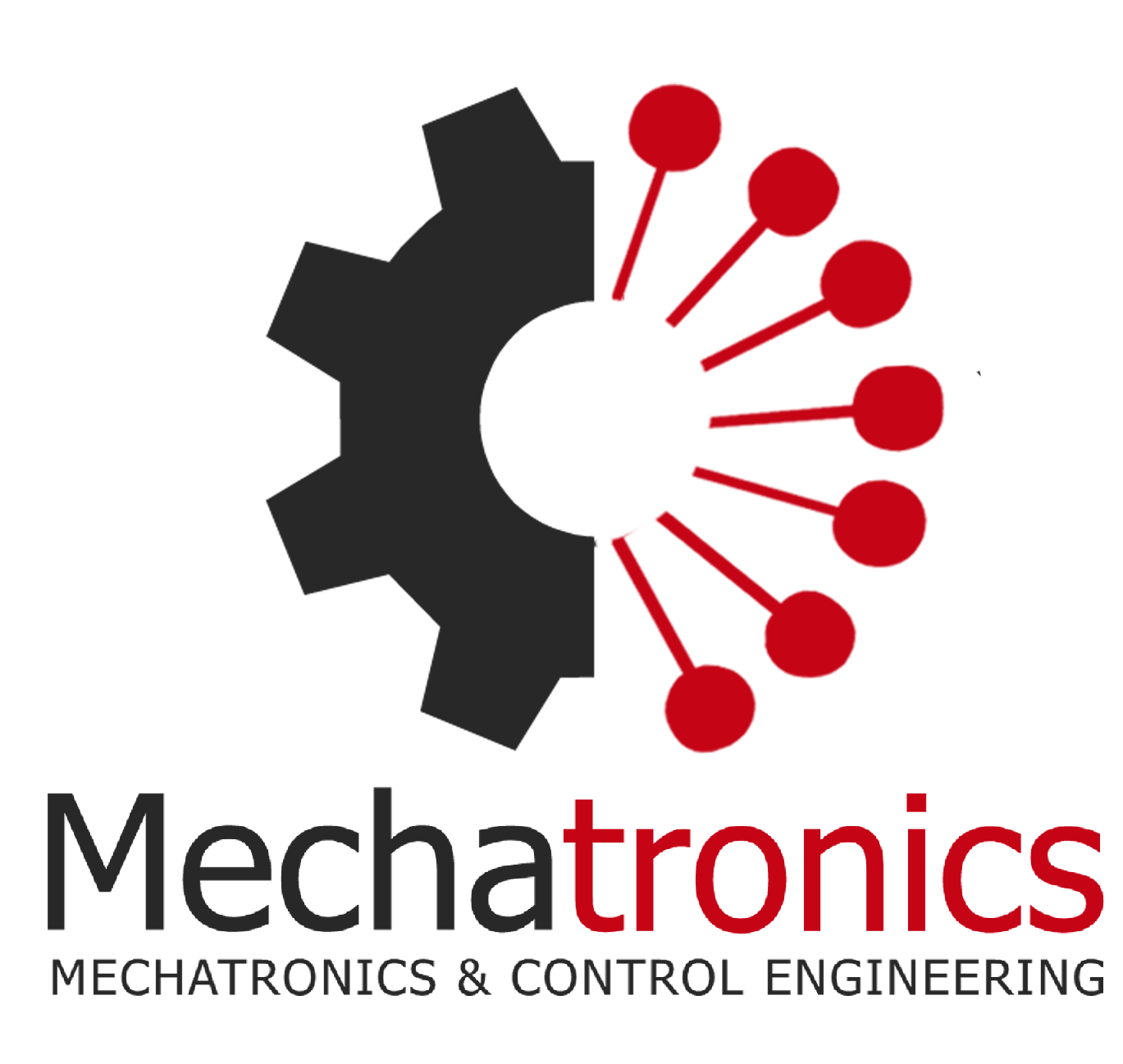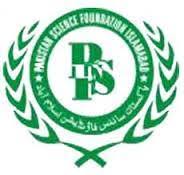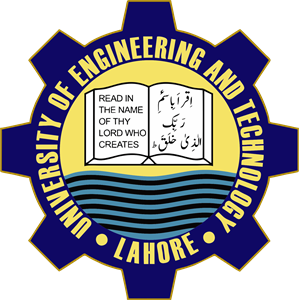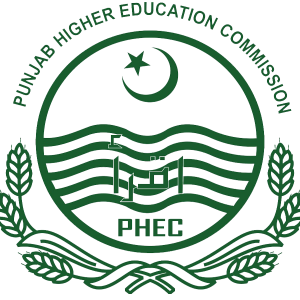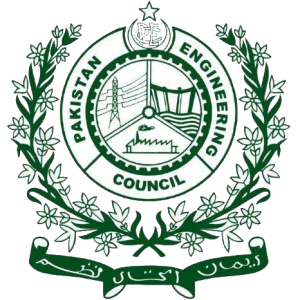Human-Centered Robotics Lab (HCRL)
The recent major achievement of DMCE is to win a major grant (worth 84 Million PKR) to establish a state-of-the-art lab for the National Center of Robotics and Automation (NCRA). This grant was awarded after a country wide invitation of proposals, followed by screening and then two rounds of presentations at HEC headquarters. This lab is named as Human-Centered Robotics Lab (HCRL) and it aims to develop industrial grade robotic manipulators and exoskeletons as well as active prostheses. The NCRA itself is a multi-lab establishment spread all over the country.
The lab focuses on research and development in the following sub-domains:
- Collaborative Robots
- Exoskeletons
- Active Prosthetics
The HCRL has established links with the following industries and health-care units to ensure that the robotic applications are developed to solve industrial problems. A few other links are also in-place.
- Ashraf Group of Companies
- Stylers International Ltd.
- Interloop Ltd.
- Shalimar Hospital
- Pakistan Society for Rehabilitation of the Disabled
Click here for lab’s website.
This research lab has been recently established by the department of Mechatronics and Control Engineering in collaboration with Hamad Medical Corporation Qatar. The Lab aims to develop smart and marketable mechatronic devices which aid in the resuscitation practices, in and out of hospital settings, thus saving precious lives of the patients. It also aims to become an innovation hub in the domain of resuscitation sciences. Currently, the major focus of the lab is on the development of newer CPR machines and associated biomedical devices.
Click here for lab’s website.
Quantum Computing
Vibration Based Structural Health Monitoring
Structural health monitoring (SHM) is referred to the procedure of defining and applying a damage identification strategy for aerospace, civil and mechanical engineering structures. The research group has achieved excellent results in detecting and localizing multiple damages of less severity in beams and plates. These results are achieved without using data of the healthy structure. The work is successfully expanded to exclude the information of excitation force. Currently, the developed methodologies are investigated for 2D structures. The potential use of this research is in all applications where the information about the healthy structure and input excitation force is not available. Hence the methodology can be implemented in all current existing structures. Another dimension in this research is the identification of damage and estimation of its severity by considering the nonlinear nature of cracks. Currently the research is being expanded to curved plates representing the structure of pressure vessels, submarines, boilers etc. For experimentations, an MoU with IST Islamabad has been signed and their facility is being utilized to validate the results. Some of the successful publications of this research group include [1][2] [3][4][5][6][7][8][9][10]
Industrial and Academic Linkages
The department also initiated multiple linkages with different industries and organizations, mainly to provide mechatronic solutions to solve their problems and meet their needs. We have also established a number of academic linkages as well. A few of these attempts resulted in signing of MoUs.
Active MoUs:
Stylers International Ltd.
Recently, the department has signed this MoU with Stylers International Ltd., offering robotics and automation services to them such as:
- Project Domain 1: Development of automation solutions involving mechatronics, pneumatics, AI, and allied technologies.
- Project Domain 2: Development of material handling systems including Automated Guided Vehicles (AGVs), Robots, etc.
- Project Domain 3: Development of different solutions aimed at meeting sustainability goals, energy/resource conservation, worker fatigue minimization, etc.
Stylers also agreed to grant UET’s engineers access to the designated areas; also offered student internships, possible job placements, sponsorship of semester/final projects as well.
MADE Foundation (USA)
The department has initiated a collaboration with MADE foundation USA to support a student competition encapsulating different areas, ranging from computer aided design to autonomous navigation in unstructured scenarios. Up till now two competitions have been conducted by the department.
MoU with the Department of Mechanical Engineering (DME), Institute of Space Technology (IST), Islamabad
The primary purpose of this MoU is to ensure the communication and coordination necessary to implement research/educational projects agreed upon by the Parties. Secondly, this agreement is to make research facilities and equipment available by both the Parties to carry out their undergoing and future projects in more effective manner. Initially, following research areas have been identified and agreed upon for collaboration between the two Parties:
-
- Damage identification of nonlinear breathing cracks under different excitations using experimental measurements – DMCE-UET
- A baseline-free output-only vibration analysis technique for structural damage detection using experimental measurements – DMCE-UET
- Design and development of active prosthesis hand – DME-IST
- Undergraduates and Graduate’s projects related to Robotics and Controls – DME-IST
Completed MoUs:
MoU with Huaneng Shandong Ruyi Pakistan Ltd. (HSR)
This MoU was signed at university level, and was aimed to train the graduate engineers of HSR for their 1320MW Coal-fired Power Plant at Sahiwal. The following module was developed and conducted by the department:
- Coordinated Control for Power Units Technology and Systems.
MoU with Style Textiles
In this MoU, it was agreed that the department will develop automation solutions, using its R&D facilities, in order to improve quality and productivity at Style Textiles. A suitable fee will be charged by UET. These solutions are expected to generate positive impact, directly or indirectly, on Pakistani garment industry. The following are the two projects, initially agreed upon:
- Development of Automated 3 Stripe Attachment with Auto-Loading and Disposing.
- Development of Automated UPC Bar-Code Scanning on Metal Detection Machine.
MoU with Petrosel Lubricants (Petronas) In this MoU, it was desired to enable selected students of UET by involving them in an engineering competition duly sponsored by Petrosel Lubricants (sole representative of Petronas Lubricants in Pakistan). Additionally, it was desired to create a professional environment to share ideas.
Student Project Competition was held in the following two categories:
- Run-of-the-river turbine design.
- Power-assisted-bicycle design.
Funding Support: PKR 10 Lacs + Malaysia Visit; PKR 30k per team was provided as the seed money to 5 teams; 1 Lac per competition + 5 day fully sponsored visit to Malaysia for winning teams.
MoU with Tetra Pak Pakistan The department also signed an MoU with Tetra Pak Pakistan to train their field service engineers in various technologies. This was an international assignment, spanned over two years, in which the department conducted 7 training sessions and generated PKR 9Million in revenue. Each session was comprised of the following modules:
- Programmable Logic Controllers (Allen Bradely SLC 5000)
- Hydraulics and Pneumatics
- Sensors and Actuators
- Motor Controls
- Processing Techniques
Prof. Jerry Lin (former Chairman Mechanical Engineering Dept. of Taiwan Tech.) visited the department, in order to establish collaboration between the two institutes. As a result of this visit, selected students were offered scholarships to pursue graduate degree at Taiwan Tech. The university also invited one of our faculty members to visit their facilities and deliver a research talk.
With LUMSBoth the institutions agreed on mutual collaboration for development of solutions and technologies that are within the domain of expertise of participating departments and are needed for the country. They also agreed to grant access to Biomechanics Lab at LUMS and reciprocally Robotics Lab at UET. Mainly the following projects were identified for collaboration:
- Project Title: Wearable Embedded Instrumentation for Cricket Bowling Analysis
- Project Title: Investigation of Shoulder Movement during Cricket Bowling: Comparing Marker-based and Marker-less MoCap Approaches.
- Capstone Design Project
- Electric Scooter Design: Students were assigned the project to develop a two-wheel self-balancing scooter. A similar project was also assigned to a student group in the sister university as well. It was desired that the students would mutually develop the project.
- Hybrid Drone (for Agricultural Application):
- A proposal was being drafted which undertakes the task of spraying pesticides by using a hybrid drone.
